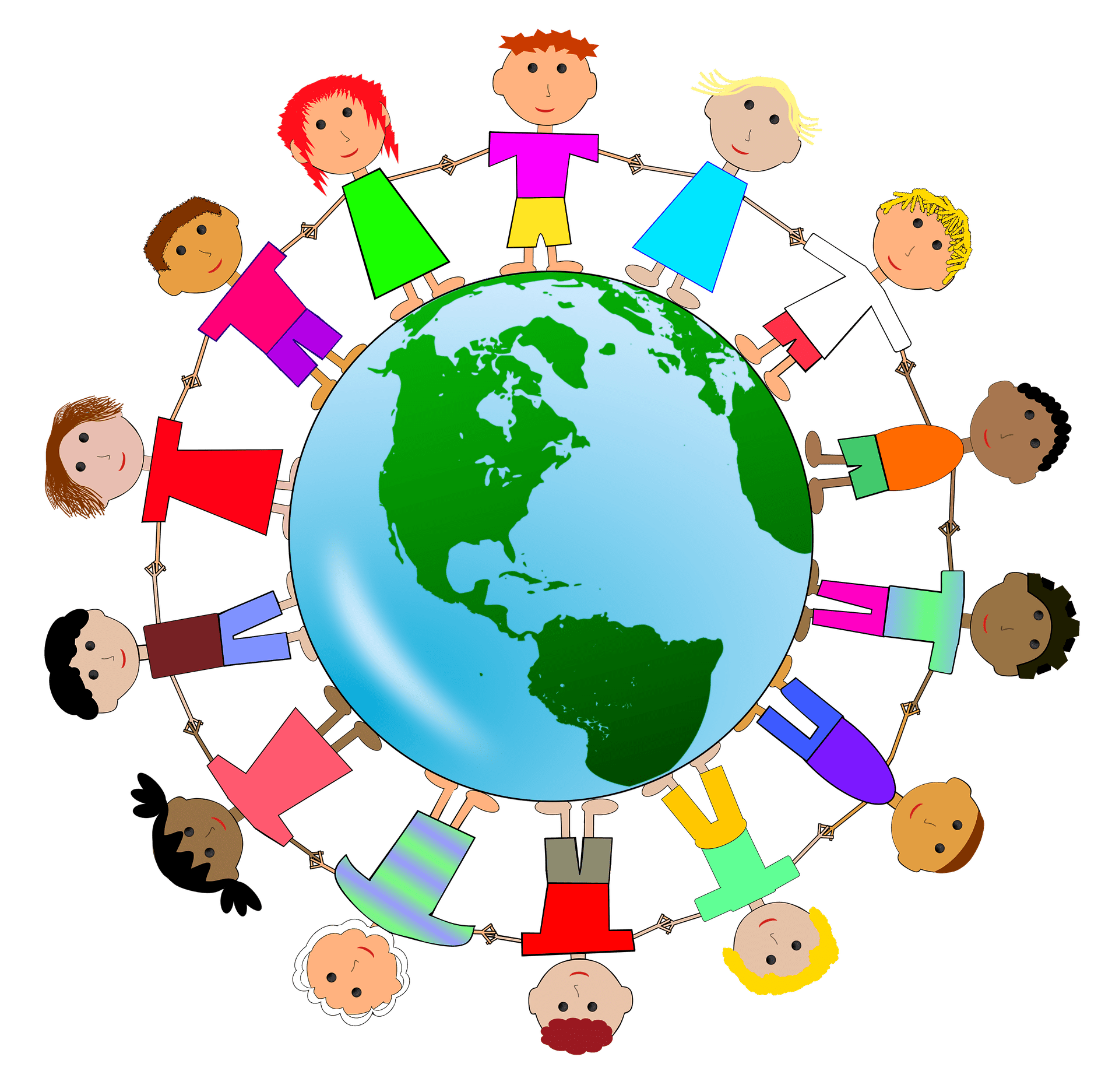Climate Change – I can’t really do much, can I?
I grew up in Sri Lanka. In my youth, it was a land rich in nature. Everywhere were trees and shrubs and birds, mammals, lizards and insects were everywhere. The rivers were mostly clear and full of life. Towns and villages were surrounded by jungles.
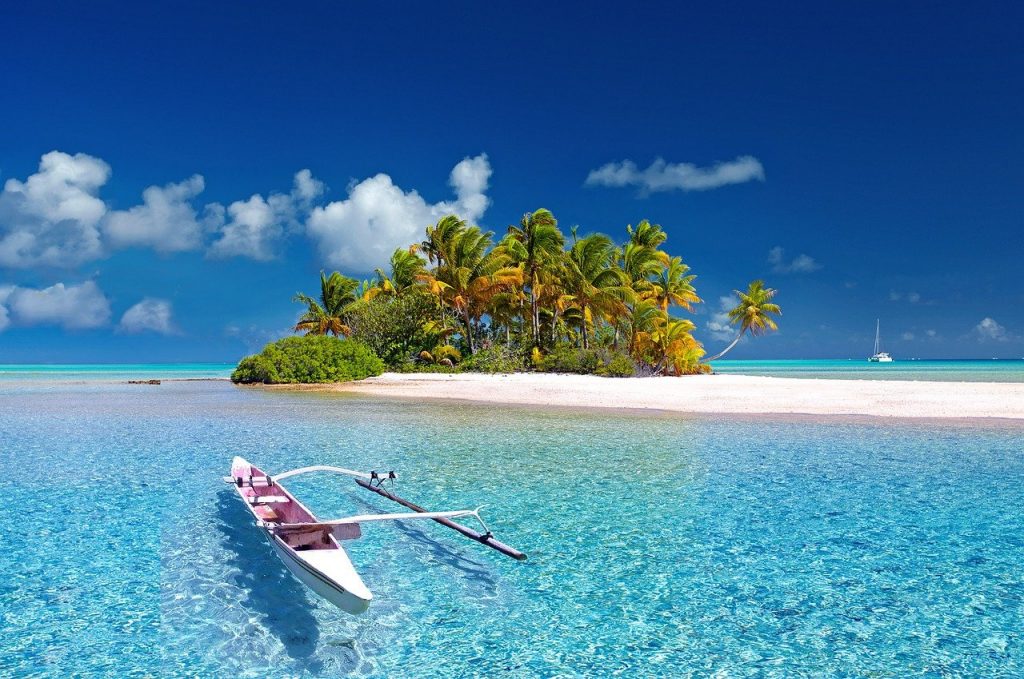
As a family, we appreciated nature, spent holidays in unspoiled beaches and forests. But, like the generations before us, we also hunted and fished and never thought about the abundance we reaped. It was surely boundless.
Just about when I got to my teens, conservation entered our vocabulary, and then our ethos. Rachel Carson’s silent spring changed our thoughts. Books by Gerald Durrel, Armand Denis, and David Attenborough elbowed aside those on hunting and shooting in our library. We became conservationists in our minds. In reality though, what we did not have an impact.
After I emigrated to the UK, I continued to visit Sri Lanka once or twice each year. These snapshots, separated by months, soon made the destruction and devastation very real to me. Frogs did not invade our houses, lizards did not bask in our driveways, the beaches were not full of seashells, the seas were not full of fish. A keen photographer, I always captured the fishing nets being dragged ashore and I could not but notice that each year, the catches were less. Towns and dwellings spread out and the green of the country of my youth was slowly but surely changing to greys and browns. Civilisation was driving nature out.
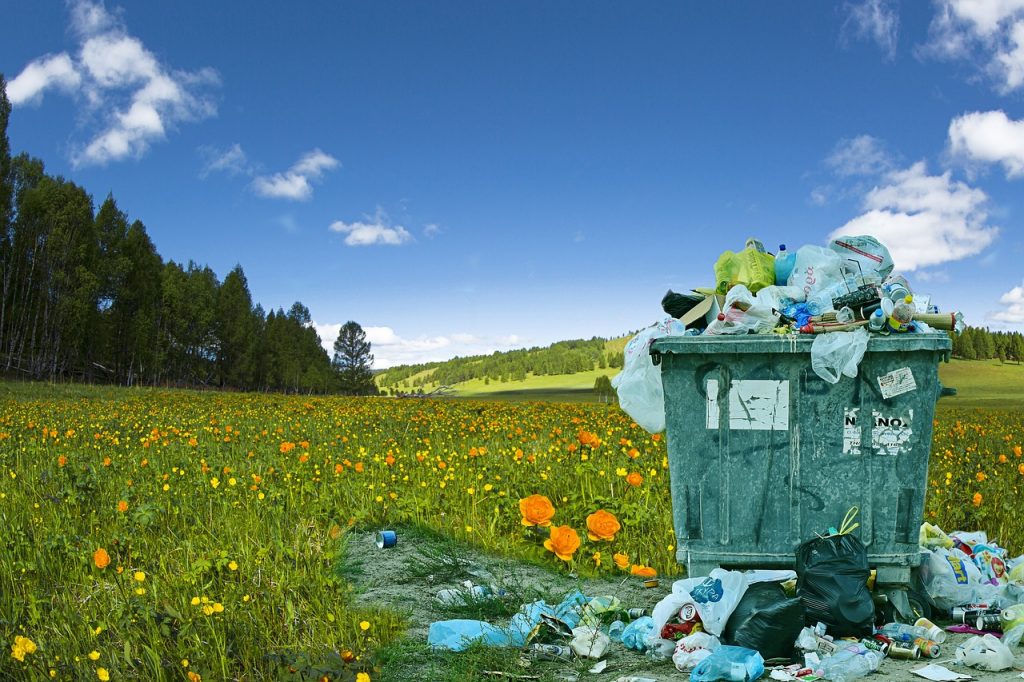
And not long after I came to England, this land too changed. And, climate change reared its ugly head in our minds. I talked and debated about it. I argued passionately. I joined endless petitions. But more and more, I felt helpless. I was not a David Attenborough nor a Greta Thunberg. I was not a millionaire who could throw money at the problem. All I did was talk, and debate and argue. Over and over again. Reality pushed its roots into me mind. I could no longer assuage my conscience, I could no longer count myself among those who made a difference.
I started to fight back. Organic gardening. Composting. Less waste. Ethical buying. Yes, I was doing stuff but I could not fool myself. The impact of the changes I made were insignificant. Yes, I was part of a revolution so I did my little bit to help but was this all I could do? Surely I could do more?
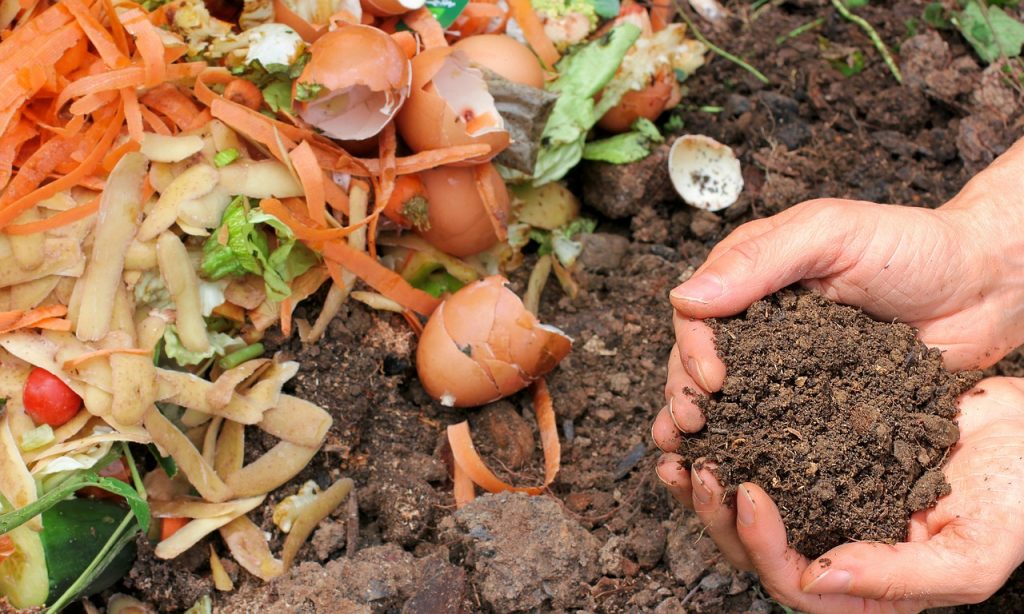
When I got Covid, right at the beginning, March 2020, an “early adopter as ever” my sister quipped, things changed for me. I re-evaluated my life. I made many changes and became more fulfilled, happier but I still felt I could do more. There was still so much beauty and wonder in my world. Surely, I had a responsibility to preserve that for my grandkids and the generations after us?
I realised I was not alone. Many wanted to do something about climate change but felt equally helpless. The momentum of change was immense, monstrous. Our efforts did not seem to matter, would not make a difference. Out of that feeling of dissatisfaction, I thought about people-power. History had shown us, many times over, that ordinary people can make a change. We just needed to believe and we needed to join in large numbers and we needed to do little things, lots of us doing lots of little things.
By myself, what I could do amounted to very little. But what about our village? If a lot of the people in our village did lots of little things, surely, that would have some impact? And if other villages and then maybe towns also joined in, that impact could become significant. All we had to do was to make changes that would buy us more time. A little more time for bigger changes to happen. For governments and multinationals and big-business to make those big changes. I had to stop talking, stop feeling helpless and actually try something that might help.
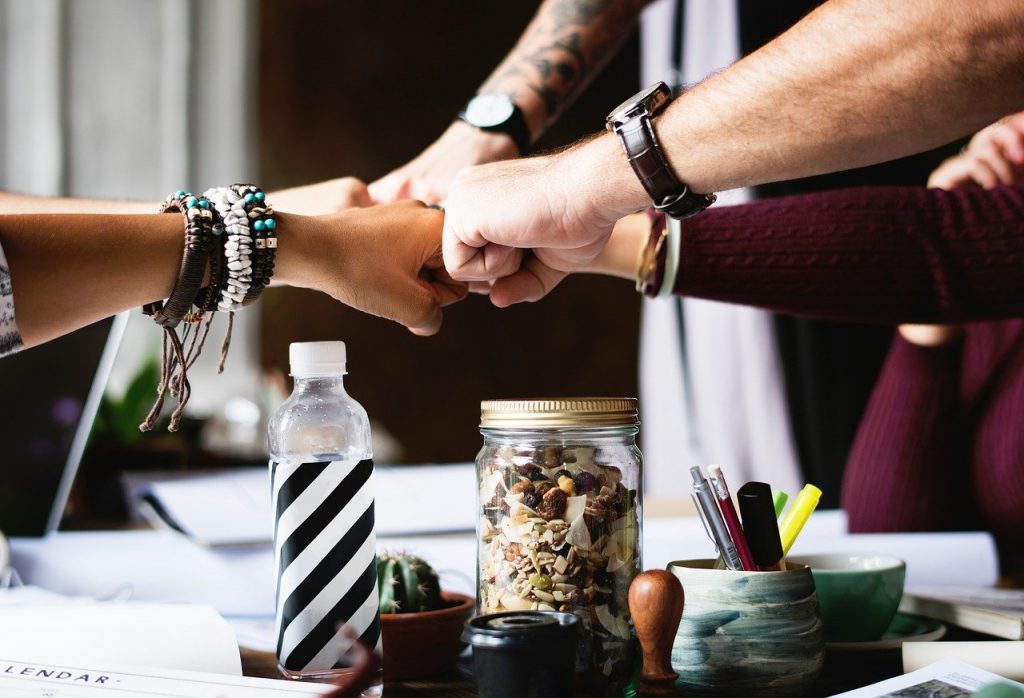
With some like-minded residents, we set up a group and a project – the Eco-Tatsfield project. It’s all about many people doing many things, things that they can easily achieve. Lots of ideas from which each of us can pick and choose. Things we can do as individuals, as families, and as friends. And, if we can each get at least two others: friends, family, neighbors, to join, then our numbers will grow exponentially. Yes, I do believe now – we can make a difference.
Our core group will not hold endless meetings, produce minutes and reports. We will do stuff. We will walk the talk. And we will not go about telling everyone what to do. We will be there to coordinate and facilitate. Yes, as in any organisation, everyone will be equal but some “more equal than others”, but the more equal will have more responsibilities and no more privileges. We have many ideas to make things happen but also to make things fun and fulfilling. And we’ll not get all defensive if you come up with ideas, too.
Dilo de Alwis for the eco-tatsfield project
